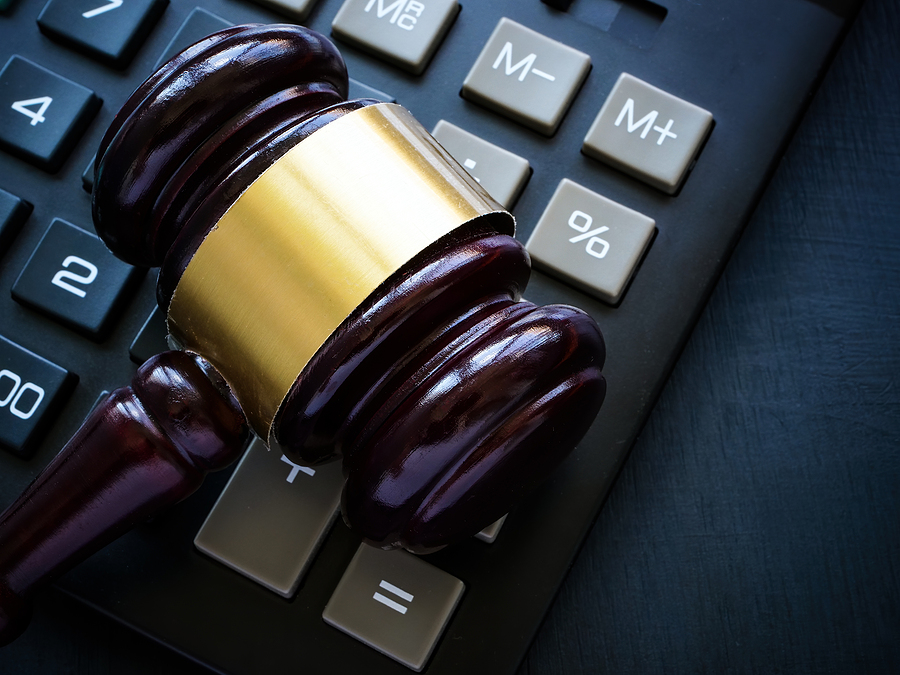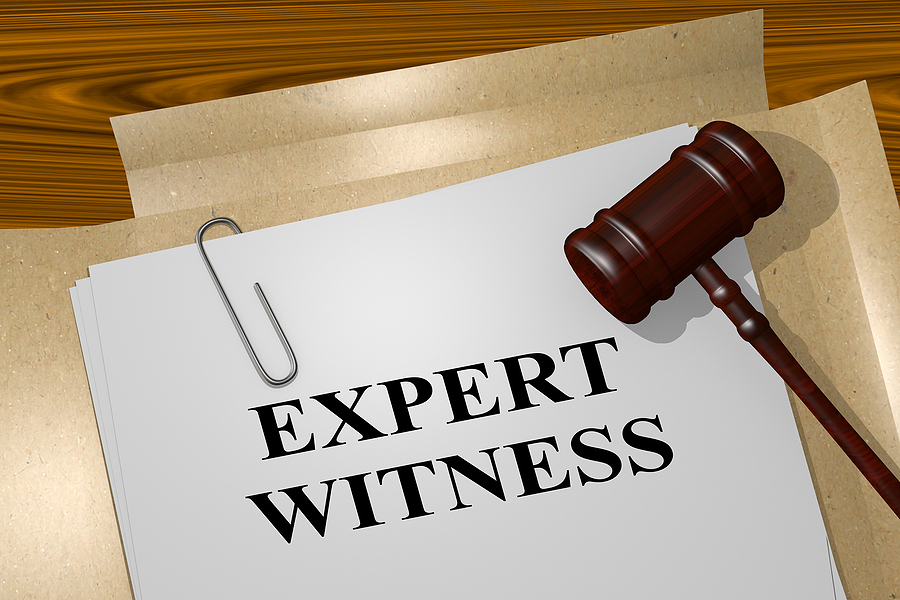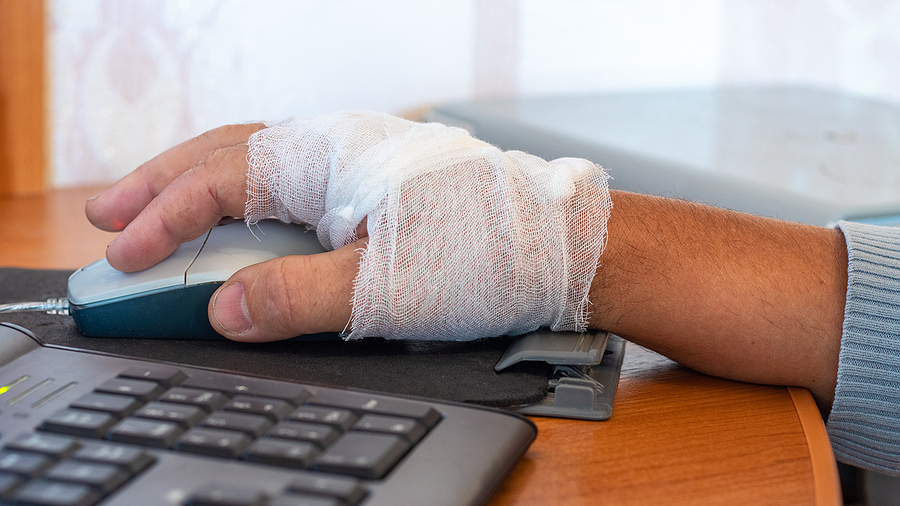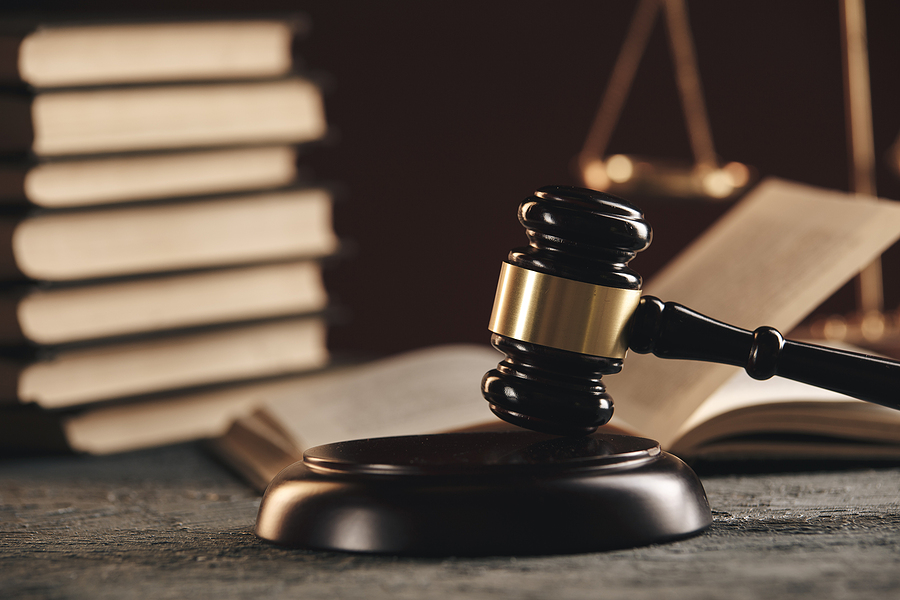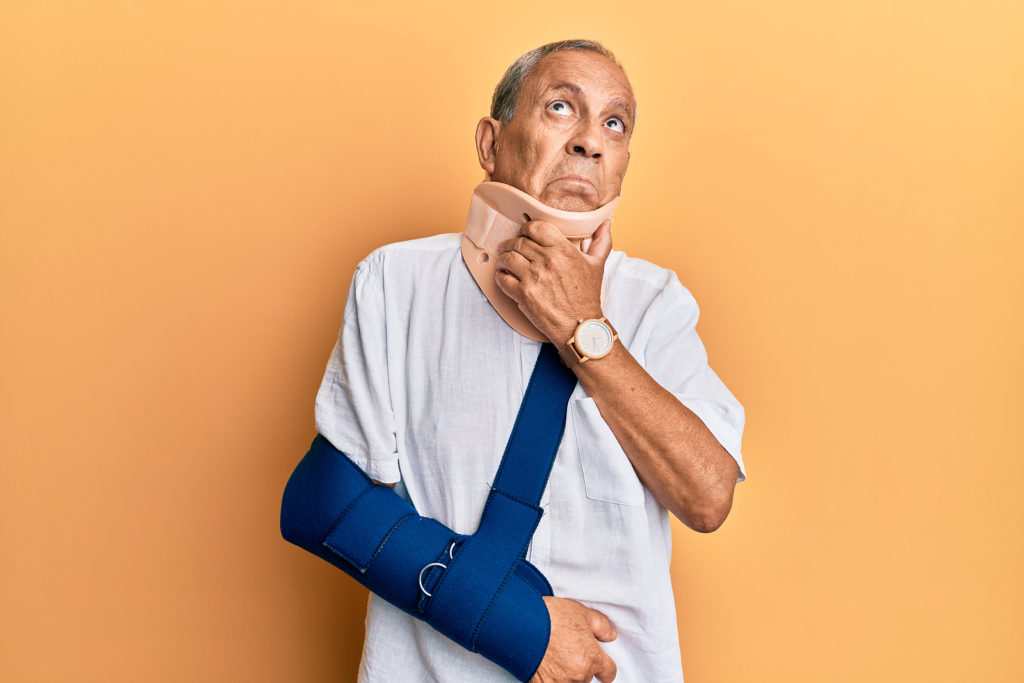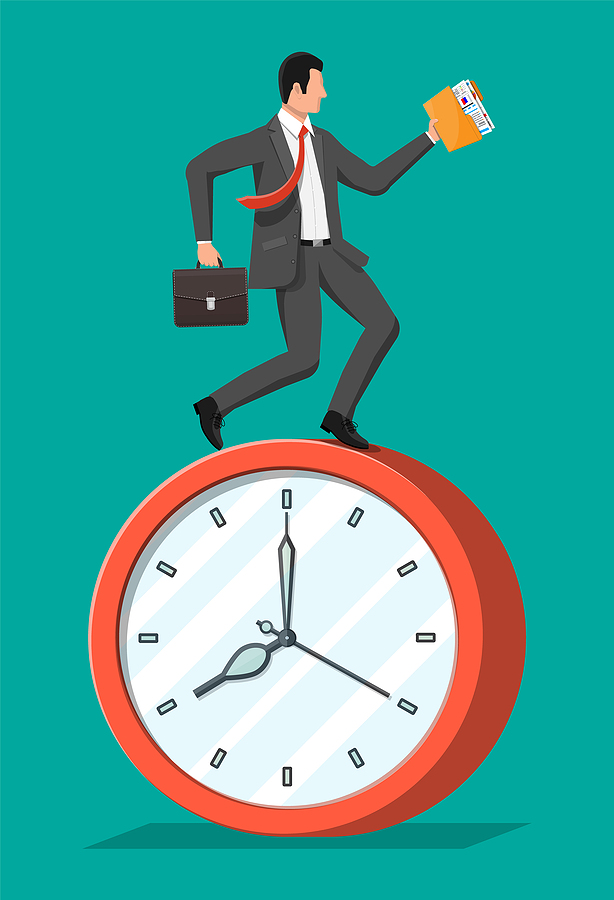Navigating the complex terrain of personal injury laws can often be a daunting task, especially when you’re already overwhelmed with an injury. However, understanding these laws is crucial to ensure you receive the compensation you rightfully deserve. This blog post strives to provide a fairly comprehensive guide to Indiana’s personal injury laws, shedding light on key aspects such as the intricacies of tort law, the process of filing a personal injury lawsuit, and the specifics that are unique to Indiana.
Whether you’re a professional seeking a refresher or someone embarking on a personal journey for justice, this guide aims to assist you in comprehending the nuances of Indiana’s personal injury laws.
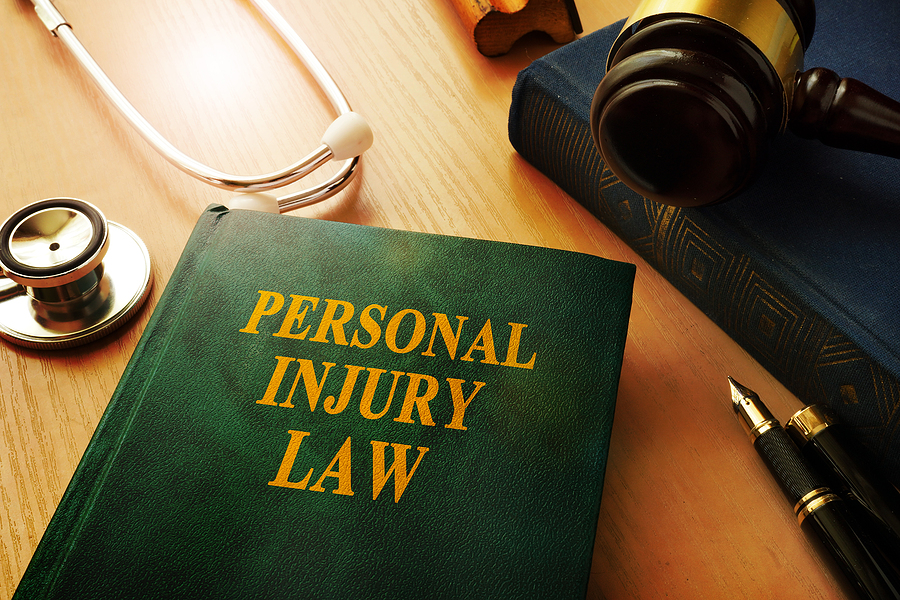
What are Personal Injury Laws in Indiana?
Personal injury laws are a set of legal statutes that cover any harm or damage caused to an individual due to the negligent, reckless, or intentional actions of another person or entity. These laws fall under the umbrella of tort law, which deals with civil wrongdoings and provides remedies for those who have suffered harm or losses as a result. In Indiana, such laws are designed to protect individuals from physical, emotional, and financial harm caused by the actions of others. Understanding these laws can help you seek justice and obtain compensation for any injuries or losses incurred due to someone else’s negligence.
Types of Personal Injury Cases
Personal injury cases in Indiana can range from slip and fall accidents to medical malpractice, with each case having its unique set of legal requirements and complexities. Some common types of personal injury cases in Indiana include:
Car and Semi-Truck Accidents: Auto accidents are one of the most common types of personal injury cases in Indiana, with thousands of accidents occurring every year due to negligent driving.
Premises Liability: If you’ve suffered an injury on someone else’s property due to their negligence, you may have a premises liability case.
Medical Malpractice: Medical malpractice claims involve injury or harm caused by medical professionals due to negligence, errors, or omissions in their treatment.
Product Liability: If you’ve been injured by a defective product, you can hold the manufacturer or seller responsible for any damages under Indiana’s product liability laws.
Dog Bites: Indiana has strict laws regarding dog owner liability, and if you’ve been bitten by a dog, you may be entitled to compensation.
Wrongful Death: In the unfortunate event of someone’s death due to another person’s negligence, their loved ones can file a wrongful death lawsuit.
Head and Brain Injuries: Head and brain injuries can occur due to various accidents, and they often have long-term consequences that require extensive medical treatment.
Filing an Accident Claim or Lawsuit
If you’ve suffered an injury due to someone else’s actions, you have the right to file a personal injury claim. However, it’s essential to understand the process and requirements before initiating legal action. In Indiana, personal injury lawsuits must be filed within two years from the date of the injury under the state’s statute of limitations. If the defendant is a governmental entity or agency, you must file a tort claims notice before being able to file a lawsuit and the time requirements to file are as little as 6 months.
The first step is to retain counsel. It is vital to hire a qualified personal injury lawyer to represent your case. They will assist you in gathering evidence, negotiating with the other party’s insurance company, and presenting your case in court if necessary. They will notify the person or entity you intend to sue by sending them written notice of your claim. If they refuse to settle, you can then file a legal complaint with the court and begin the litigation process.
Unique Aspects of Indiana’s Personal Injury Laws
Indiana has specific laws that may differ from other states when it comes to personal injury cases. One such aspect is the comparative fault rule, which states that if an injured person is partially at fault for their injury, their compensation will be reduced by a percentage equal to their share of fault.
Conclusion
Injuries caused by someone else’s negligence can lead to physical, emotional, and financial hardships. However, personal injury laws provide a way for individuals to seek justice and receive compensation for their losses. This guide has aimed to provide a comprehensive understanding of these laws, but it’s always best to consult with a qualified Indiana personal injury attorney for specific legal advice. With this knowledge in hand, you can confidently navigate the legal system and fight for your rights in the event of a serious accident or injury. Remember, justice may take time, but understanding Indiana tort law is the first step toward achieving it.
Are you ready to move forward with a personal injury complaint in Indiana? Contact the Law Office of Craven, Hoover, and Blazek P.C. at 317-881-2700 to schedule a free initial consultation with our personal injury attorneys in Indianapolis, Indiana. We represent injured victims all across the state, Indiana residents injured in other states and residents of other states injured in Indiana. In addition, we offer the option to hold meetings either by phone, at your residence, online, or at the hospital if necessary.
Related Posts:
Indiana Laws Regarding Car Accident Compensation
The Difference Between Civil Law and Criminal Law
Does the Law Protect Kids From Negligent Accidents?

